Yokogawa Pressure Transmitter
The Yokogawa Pressure Transmitter is a precision device used to measure the difference in pressure between two points in a process system. It converts the pressure differential into an electrical signal for monitoring and control applications, ensuring high accuracy and reliability in industrial settings.
Features
- High precision and stability for differential pressure measurement.
- Compact and robust design for harsh environments.
- Digital communication via HART or Fieldbus for remote configuration.
- Self-diagnostic capabilities for maintenance alerts.
- Flexible installation with various process connections and mounting options.
Applications
- Flow Measurement: In pipelines to calculate volumetric or mass flow.
- Level Monitoring: For liquid levels in tanks using differential pressure.
- Process Control: Ensures accurate monitoring in oil & gas, chemical, and power industries.
- Pressure Range: Wide range, typically up to 40 MPa (depending on the model).
- HVAC Systems: Tracks airflow or water flow in large systems.
How It Works
The Yokogawa Pressure Transmitter measures the difference between two pressure inputs connected to its high-pressure and low-pressure sides. The pressure difference is converted into an electronic signal using a pressure-sensing diaphragm and sensor. The signal is transmitted to a control system or display for real-time monitoring and control. Advanced models include self-calibration and diagnostics for enhanced performance.

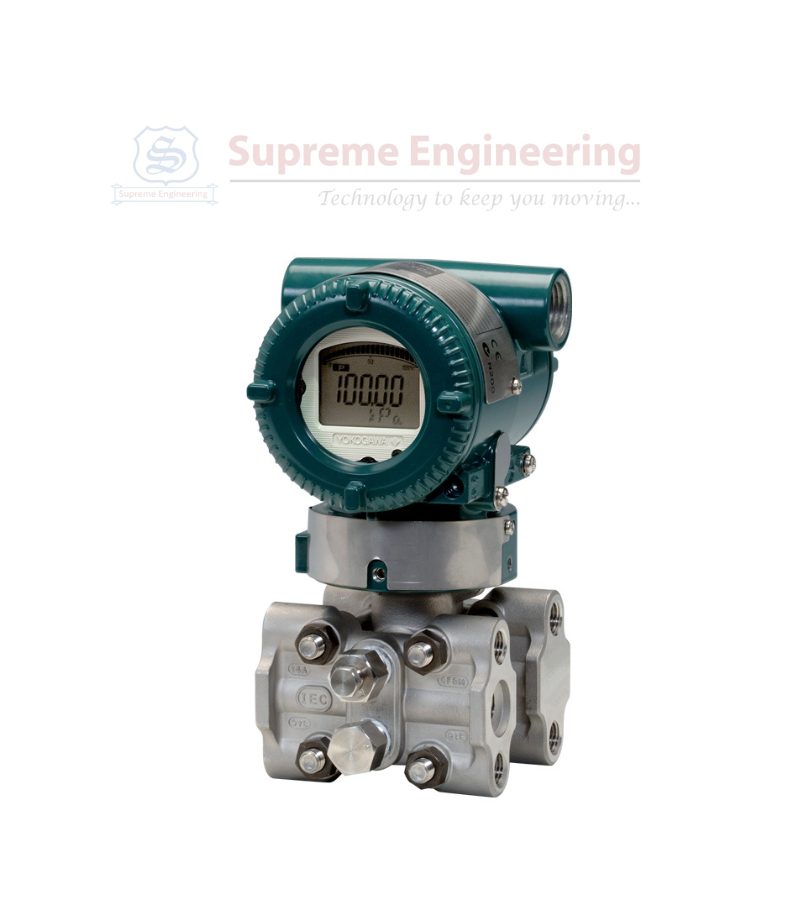
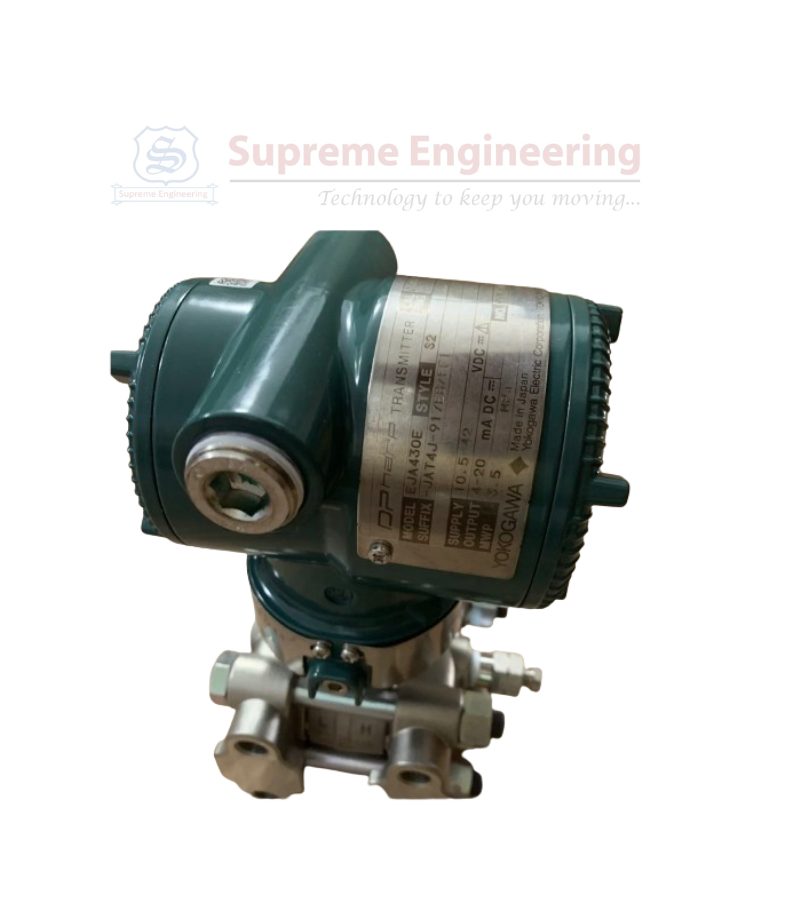
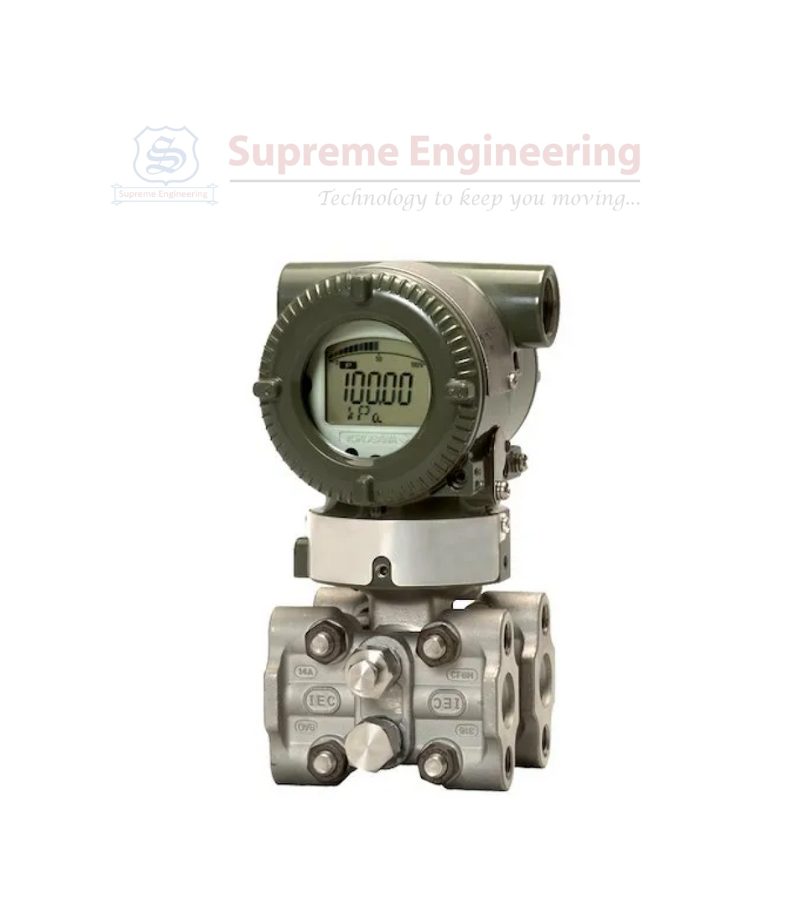
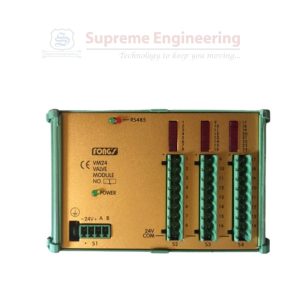
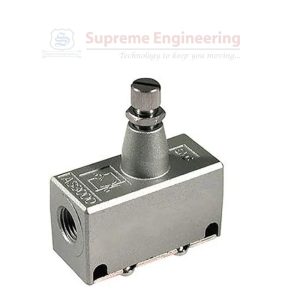
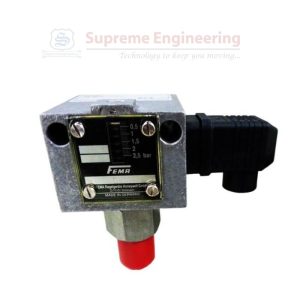
Reviews
There are no reviews yet.